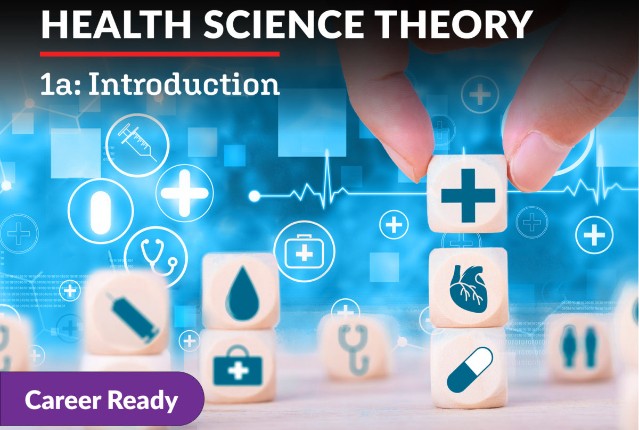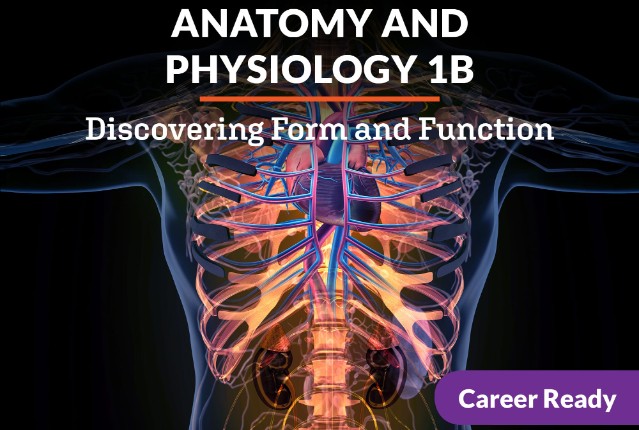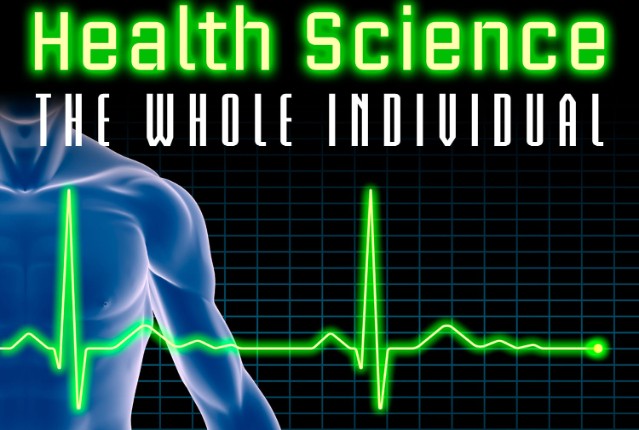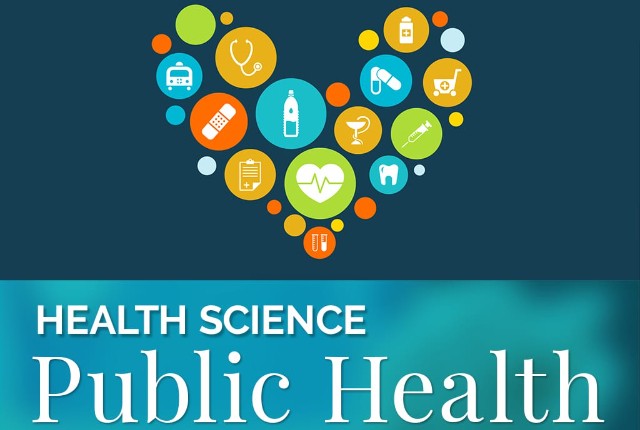
Health Science Theory 1a: Introduction
From doctors and nurses to x-ray technicians and medical aides, the field of healthcare offers numerous roles that will allow you to make a difference in the lives of patients. In this course, you’ll learn all about the foundations of healthcare from how the industry works around the world, to the different professions that fall within the field. You’ll also learn medical terminology and calculations, the difference between diagnostic and therapeutic careers, and the legal and ethical considerations. Let’s start building the foundation of a career in healthcare today!
Review course outlineAccess for a year
USD 299.00*
* Choose more courses to get a discount





